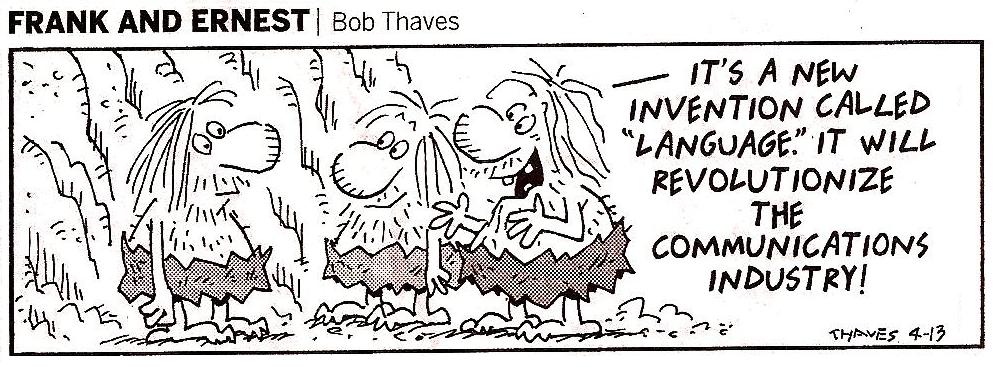Conversations about what’s wrong with America have taken a nasty, destructive turn. Members of the two major political parties are deadlocked in combative rhetoric based on subjective, philosophical differences, distrust and self-interest. Online exchanges are often nothing more than polarizing ”hate mail” – mean-spirited, manipulative, even sometimes unethical.
Moving beyond such time-wasting conversations requires a more sincere and objective approach to thinking, analyzing, and communicating.
From the San Jose Mercury News April 13, 2012

Two things are vital for us to consider the facts and communicate effectively:
- An agreement on what the facts are, and commitment to follow reason and evidence wherever they lead us; and
- The adoption of a communicative (rather than a strategic or tactical) mindset when entering a conversation or working with others in solving problems.
In the first case, a critical thinking approach provides a common basis for understanding and reasoning with factual information. Critical thinking recognizes how facts are defined in context, and how their meaning changes when taken out of context. Facts can both reflect and change reality. They are relied upon as evidence of deeper truths, but can change based on place and time. And we need to consider the sources from which facts are vetted – as from a generally recognized authority, personal experience, deductive reasoning or other source. Facts are crucial to reason and decision-making, and so must be questioned, analyzed and considered in perspective when used in communications regarding any subject, especially one as critical as the U.S. Government.
Secondly, conversations aimed at problem-solving require participants to trust one another; to be sincere, inquisitive, open minded, empathetic, and to be both willing and able to negotiate regarding what the facts are and how they are to be considered. Dubbed communicative reason by social philosopher Jürgen Habermas, among others, this kind of conversation depends on the participants’ sincerity and integrity as much as on their analytical ability and command of the facts.
From the San Jose Mercury News, October 8, 2012 (Click on image to enlarge)

In order for us to effectively deal with our social and economic ills, we need to set aside personal, political and religious agendas to seek solid common ground – and follow a rational process worthy of 21st-Century humankind.
